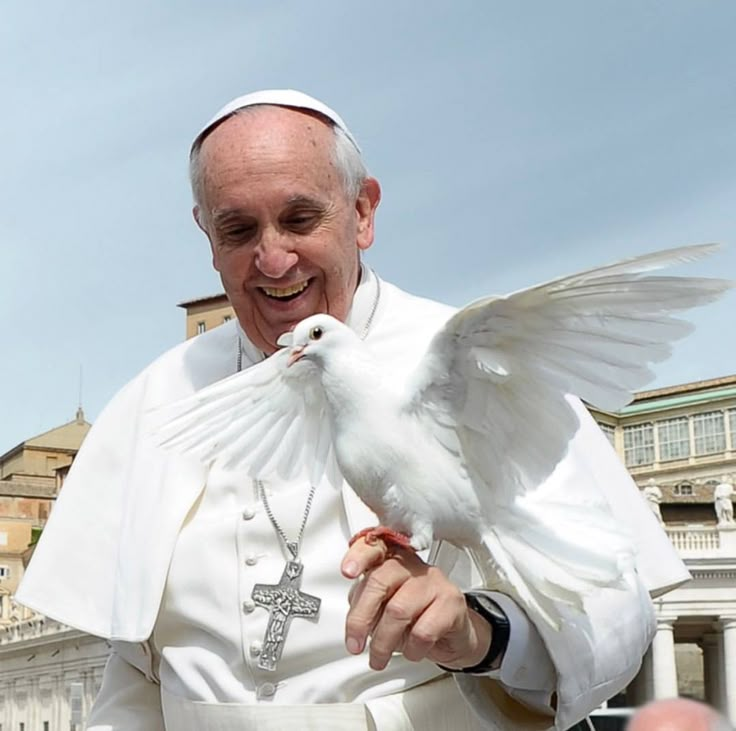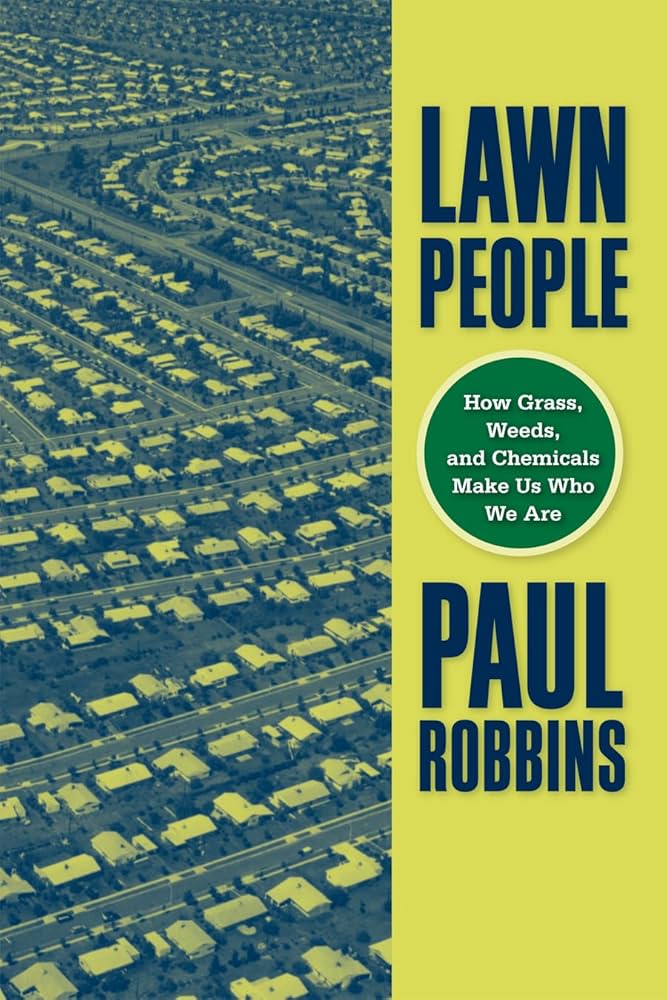Pope Francis: A Pontificate of Mercy, Reform, and Global Dialogue
By: Padraig Smith
Pope Francis, born Jorge Mario Bergoglio on December 17, 1936, in Buenos Aires, Argentina, is the 266th Roman Pontiff. Since March 13, 2013, compassion, humility, and reform have entered Catholicism with the first Jesuit pope, the first pope from the Americas, and the first non-European pope in over 1,200 years. This has given a new and global face to the papacy. He has marked the Church, all of Christianity, and civil society in general.
Early Life and Path to Papacy
Born of Italian immigrant parents in a working-class culture, Bergoglio learned to respect the common man. After studying chemistry, he worked briefly as a chemical technician before deciding to become a priest and start his novitiate in 1958 with the Society of Jesus. In its strong traditions of education, missionary work, and social justice, Bergoglio learned his love for the poor and the marginalized. He was ordained in 1969 and quickly rose through the ecclesiastical ranks of Argentina, first as provincial superior of the Society, then as archbishop of Buenos Aires, and in 2001, he was named cardinal by Pope John Paul II. He traveled by public transport, cooked for himself, and lived in a modest apartment in Buenos Aires instead of the bishop’s residence. These same traits would characterize his papacy: his humility and pastoral tone.
Papacy of Mercy and Change
He chose the name Francis after St. Francis of Assisi on the day he was elected. This was a sign of his priorities: the poor, peace, humility, and care for creation. “A Poor Church for the Poor” has been a constant call by Pope Francis to Catholics to put compassion before dogma. Some of the key dimensions of the papacy include Environmental Stewardship: In 2015, he gave the historic encyclical, which didn’t just involve Catholics; he invited all humanity to take immediate action against climate change and destruction of the environment. He framed ecological issues as moral and spiritual crises and said caring for “our common home” is a debt to posterity and the poorest communities in the world.
Social Justice and Inclusion
His papacy brought the Church to open its doors to more compassion and inclusion towards groups that had been excluded for decades by Church teaching. Famous for saying “Who am I to judge?” about gay Catholics, Francis has also called for more welcoming attitudes towards LGBTQ+ people. He launched the debate on women’s roles in the Church while advocating for more lay involvement in decision-making. Throughout his papacy, Francis has been with migrants, refugees, and the poor, delivering powerful statements, especially during his visits to refugee camps, war zones, and poor communities.
Church Reform and Accountability
Francis implemented reforms that included the Curia’s streamlining and the Vatican’s finances, among others, and the establishment of commissions to tackle the crisis of clerical sexual abuse. Although the process was slow and met with resistance, it has shown a window to tackle such problems deep within the Church.
Synodality
A Church that listens is one of Francis’s greatest gifts to Catholicism, perhaps with most attention given to synodality – the idea that the Church should rely more on interaction with bishops, priests, religious, and laity in open dialogue about what concerns them. The Synod on Synodality began in 2021 to ensure the Church is open, flexible, and attentive to the different needs and experiences of the faithful wherever they are in the world.
Impact and Inter-Faith Dialogue
By implementing this process, Francis strengthened the international outreach of the Catholic Church. The Holy Father has also done significant interreligious work, establishing good relations with Jews and Muslims, as well as other Christian denominations. One of his most notable achievements was his visit to Abu Dhabi in 2019, the first papal visit to the Arabian Peninsula, which ended with the signing of the Human Fraternity Document with the Grand Imam of Al-Azhar, promoting peace, coexistence, and religious freedom. Pope Francis has also visited Africa, Asia, and Latin America, generally choosing countries in crisis. The concern for areas outside the traditional centers of Catholic power suggests a global vision of the Church’s future.
63 Years and a Legacy
Pope Francis died at 88 on April 21, 2025. Just as he lived and ministered, he asked for a simple burial at the Papal Basilica of St. Mary Major instead of going to the grand tomb of his predecessors. The grave will be marked simply “Fr. Franciscus” – style to the end. It will be a legacy that will last. He taught the Catholic Church to practice mercy, membership, and servitude to the most abandoned. His teachings on the care of the Earth, social justice, and compassion will shape not only the Church but all humanity for centuries, as he inspired men and women to cut out the paths for the occasions of harmony through sustainable, planetary justice. In shaping this world of love instead of fear and hostility, Pope Francis brought faith into love, dialogue, and hope. Future generations will remember him as the one who sought to bridge tradition into modernity and always had in his heart the Gospel call to love.







